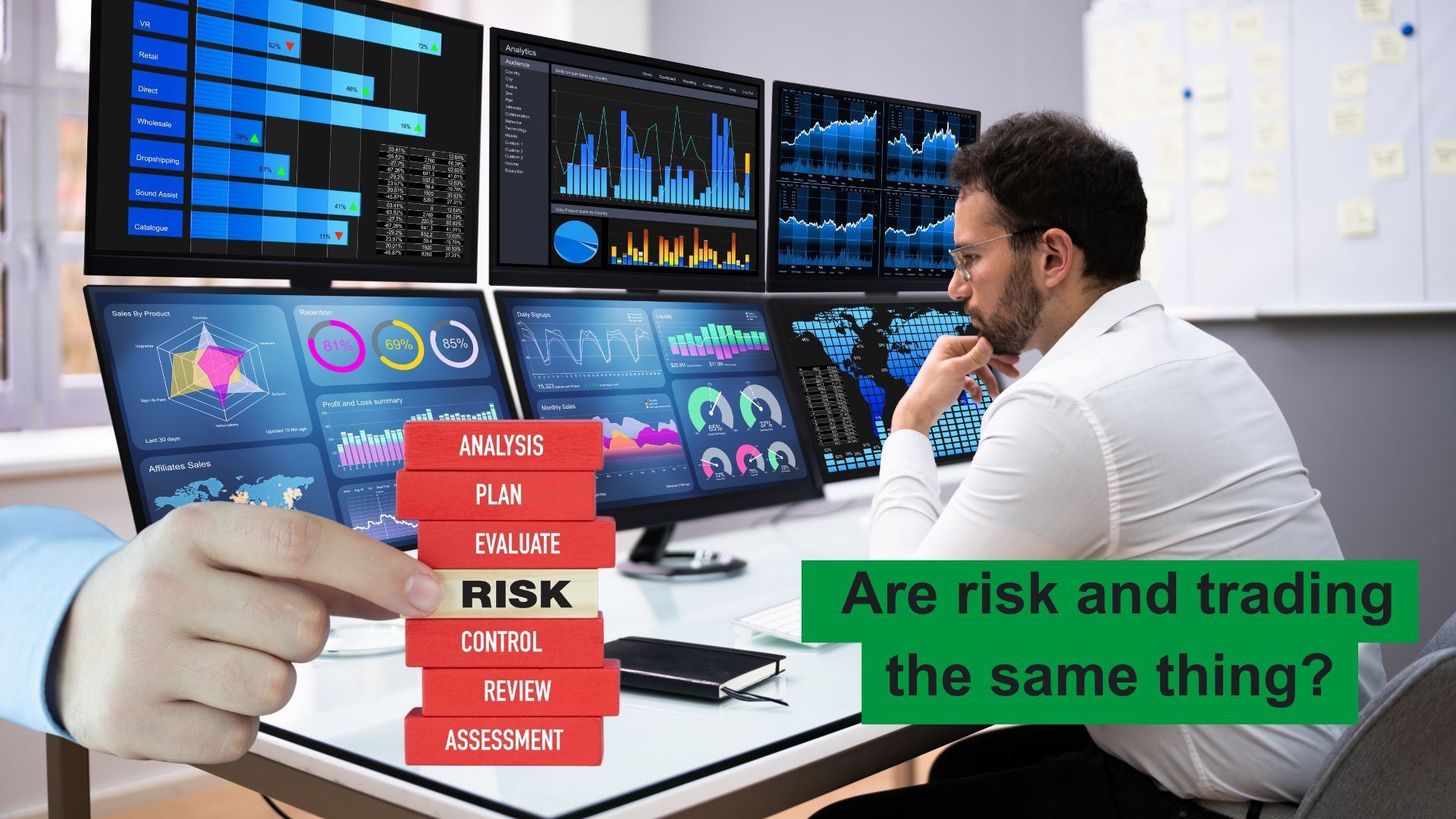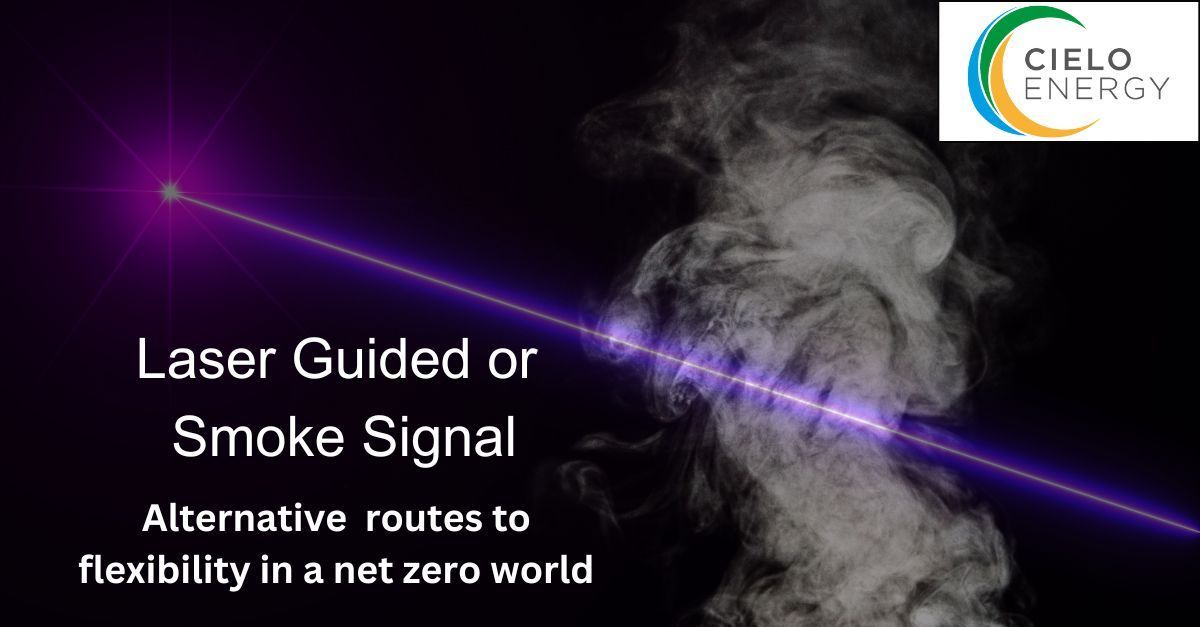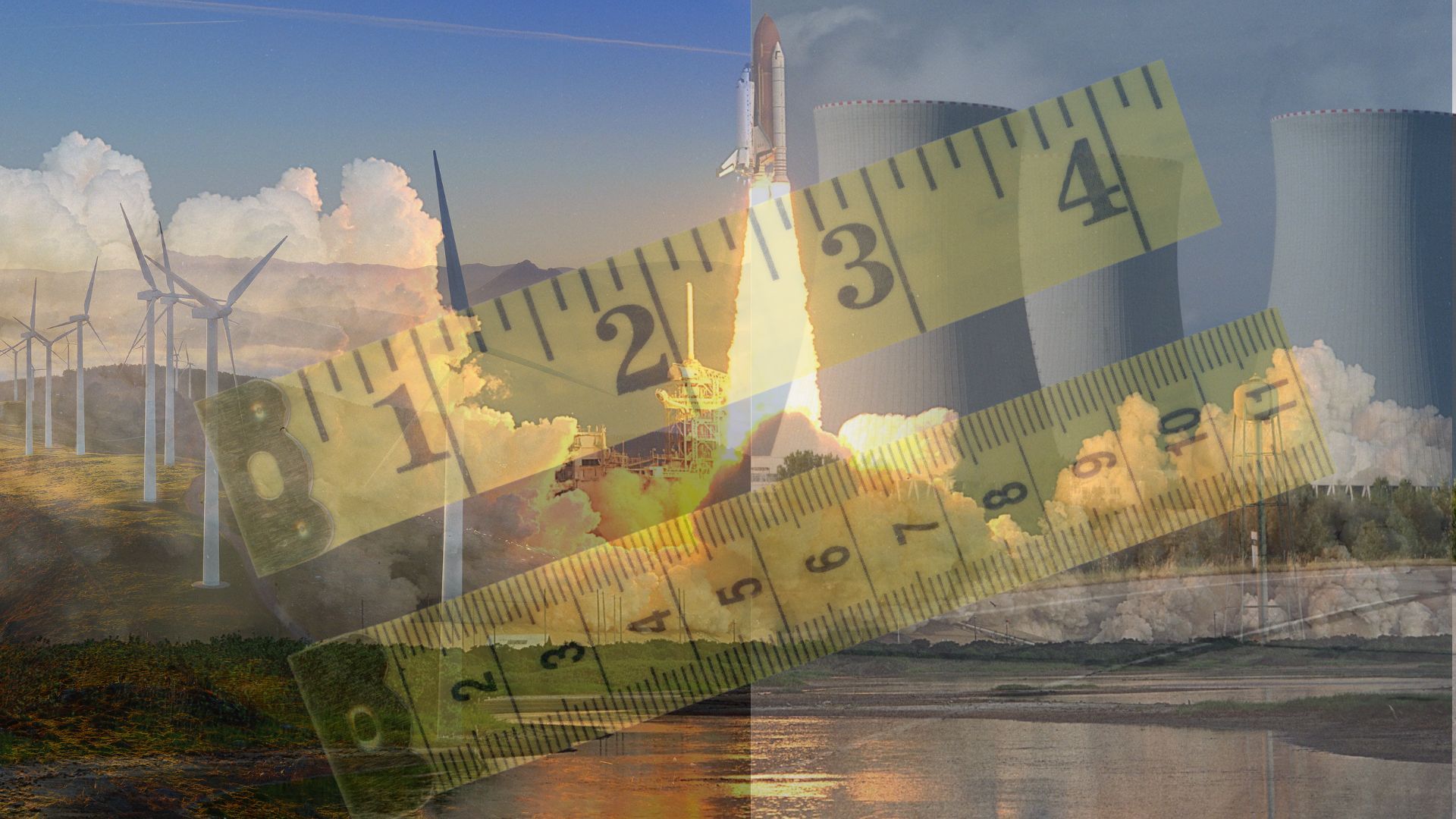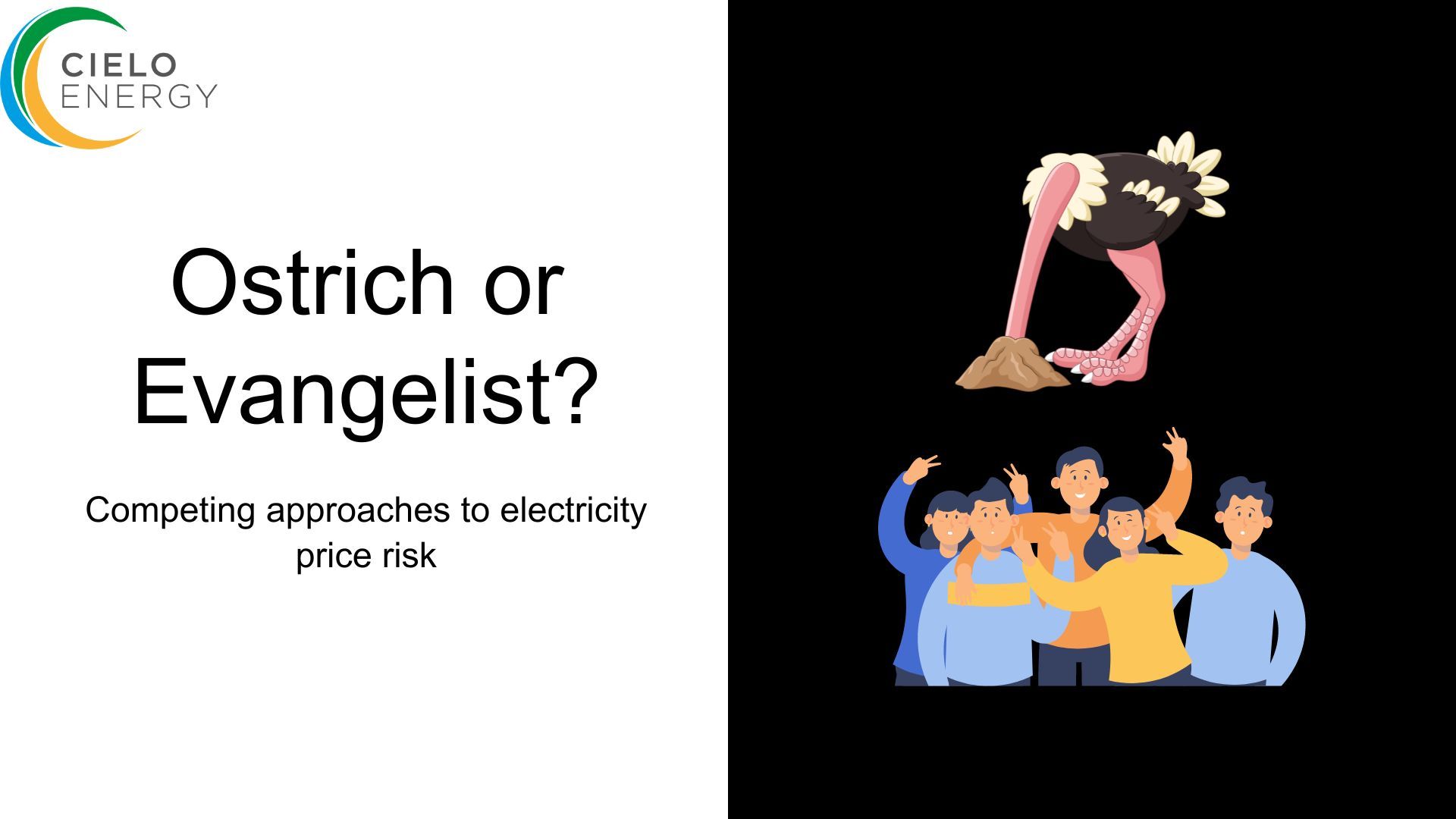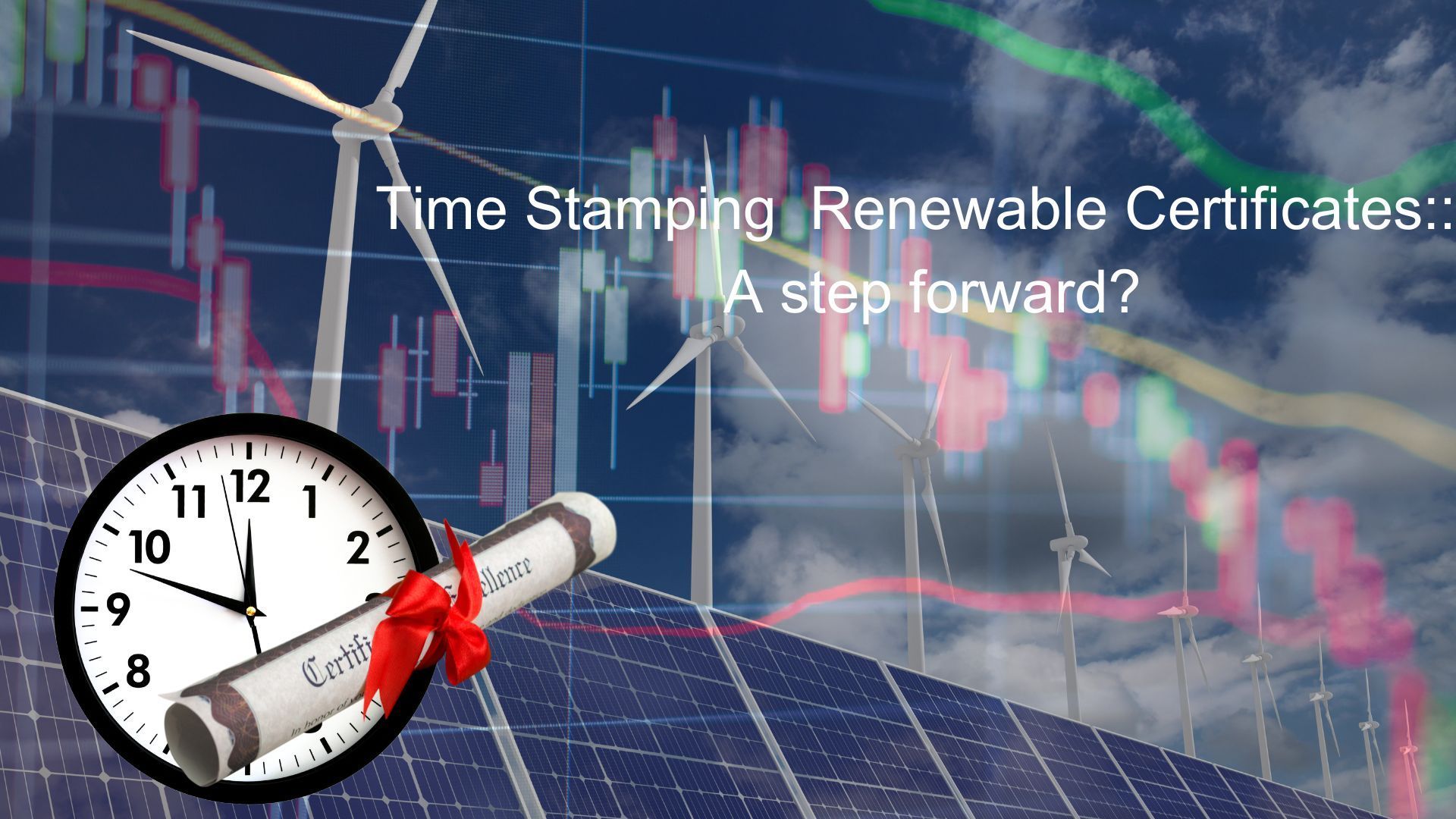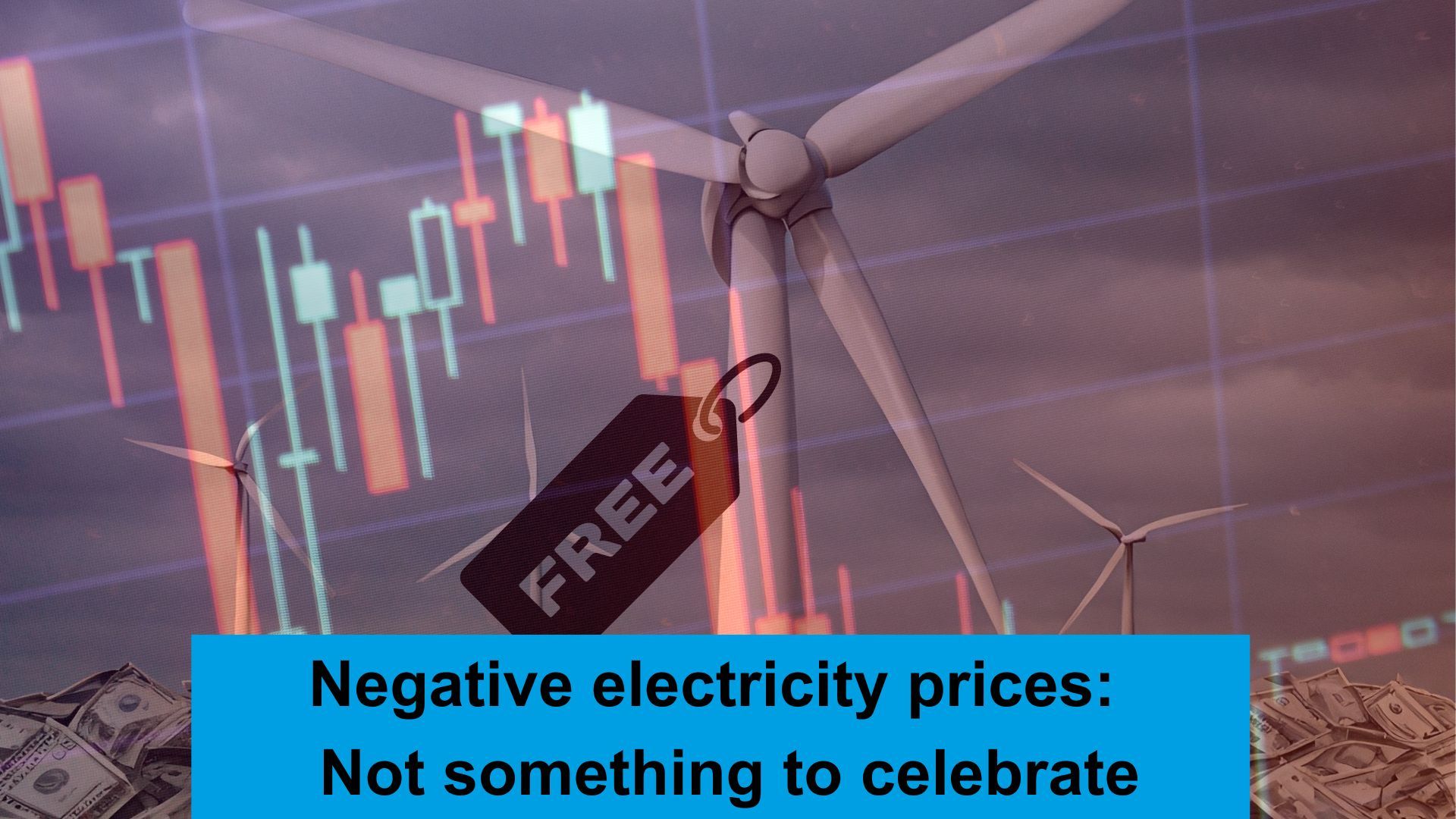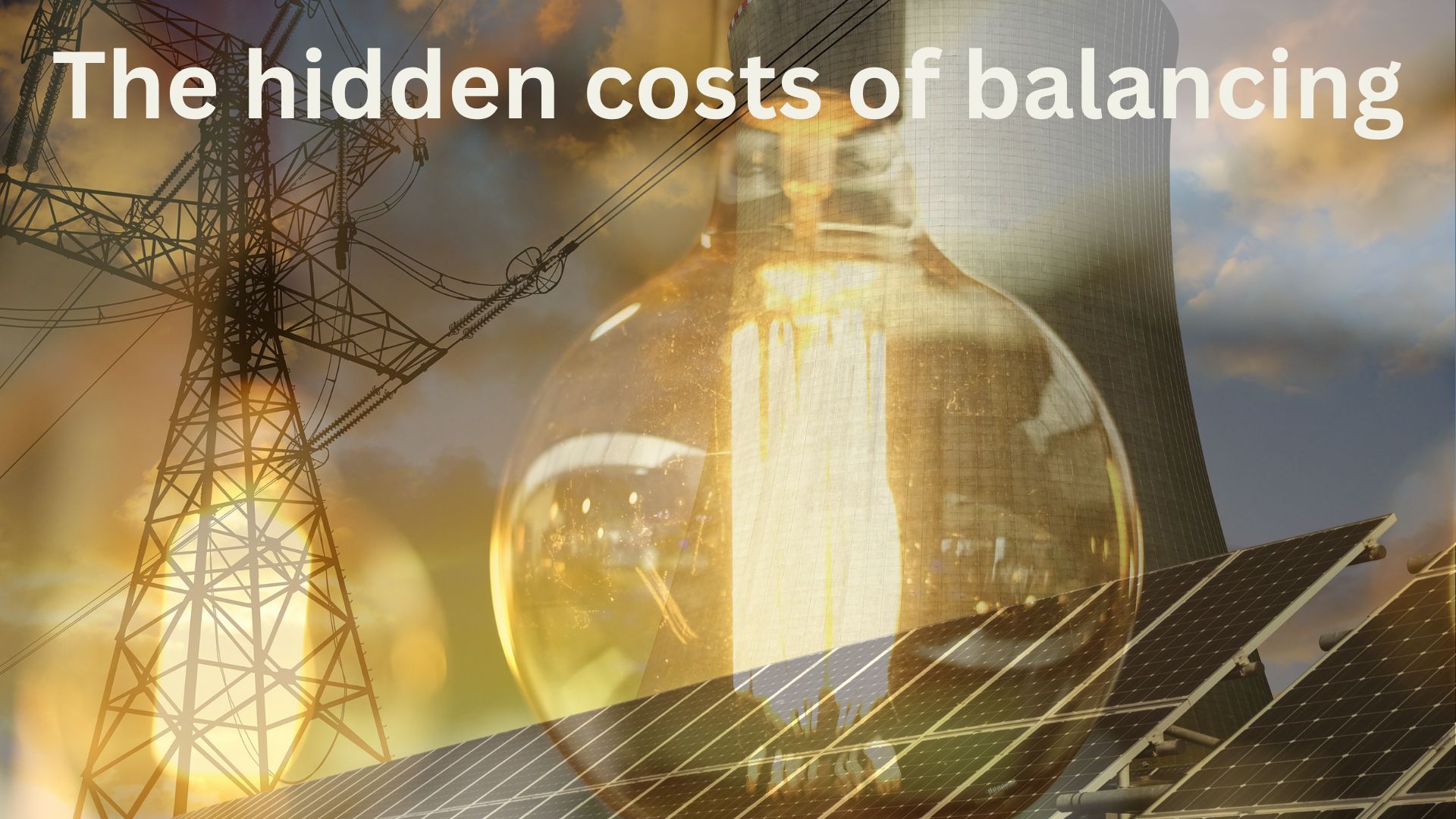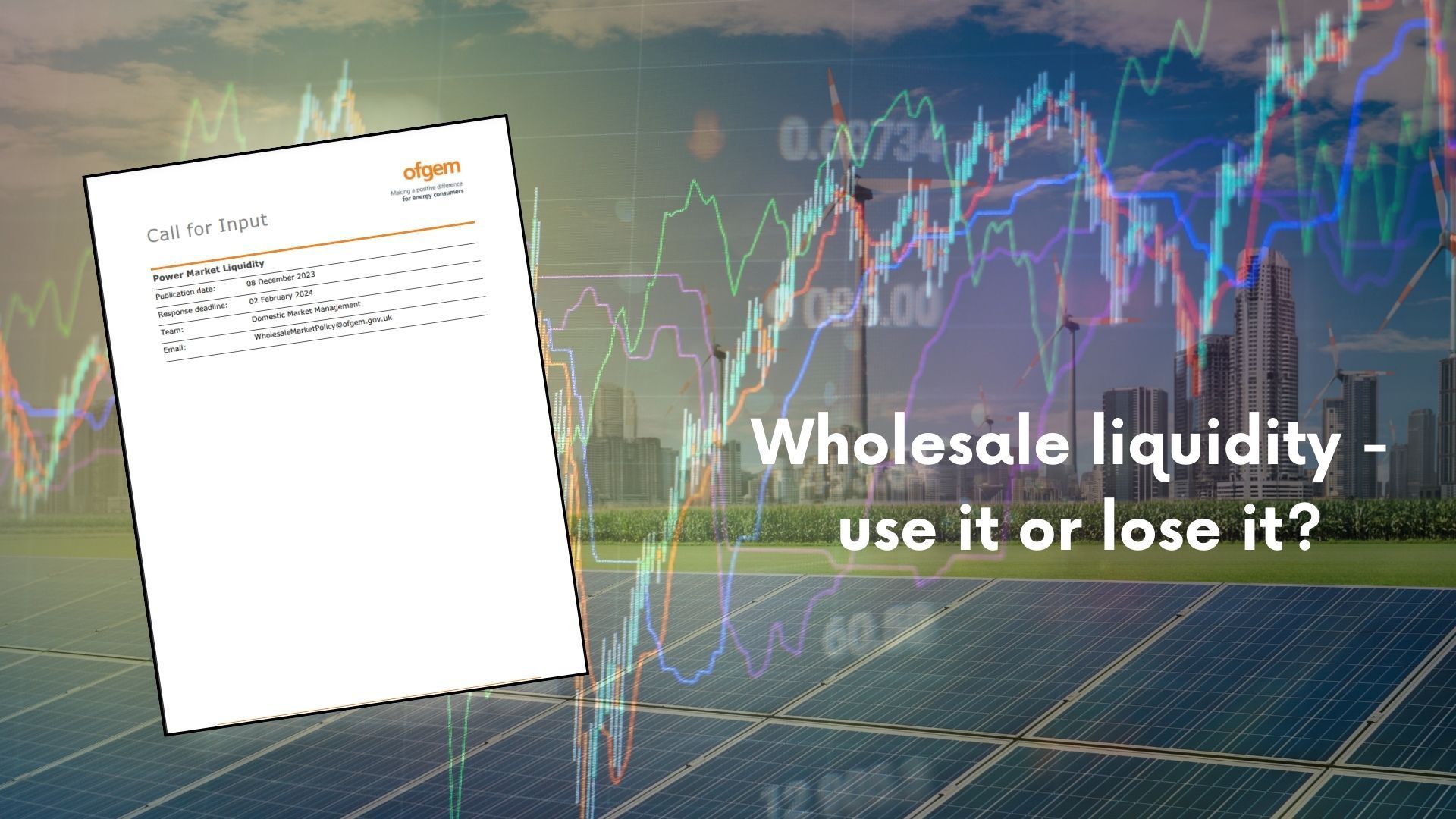Choosing the right contract options with so much choice
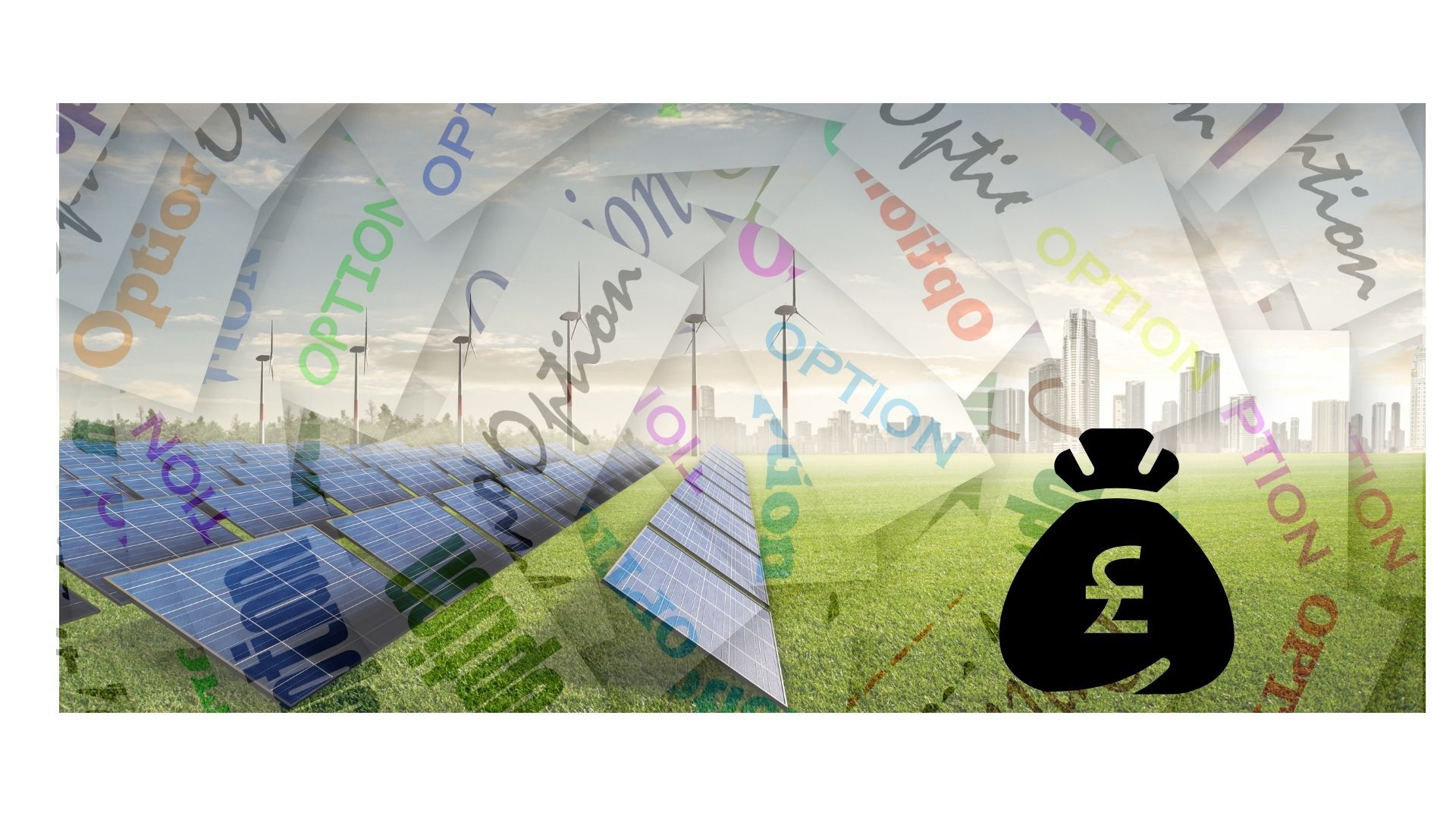
When you buy a new car, there are optional extras; but do you really need the larger wheels for an extra £1000, or the comfort access for £500? 🚗
The same is true with the energy market, and if you were looking for a complex ecosystem with more than its fair share of ‘options’ its hard to think of one.
The challenge is to decide which options are worth having (and paying for) and which are not; which is not always easy when more options generally equals more commission for the broker/ provider selling them.
So, with so many choices, and names that sound the same but may be calculated slightly differently by each provider, its easy to think more complexity is better – but it might not be.
𝐒𝐨 𝐝𝐨 𝐲𝐨𝐮 𝐫𝐞𝐚𝐥𝐥𝐲 𝐧𝐞𝐞𝐝…
Day ahead price fixing, a CPPA providing a notional link to a particular customer/ generator, imbalance pass through, reforecasting, guaranteed screen prices, fixed residual pricing, no minimum clip size, non-commodity pass through with reconciliation, a certificate saying it was renewable, ability to add/ remove meters,… etc etc.
There is an enormous list of options for buyers and sellers to choose from – and just like cars, the value they add may be negligible- other than to the other party that can charge more for add-on services.
When you buy a car there is often somebody sitting next to you that can 🤨 raise an eyebrow at the options to avoid wasting money on expensive toys; what is the equivalent in energy?
🔎Look for independent advice that doesn’t earn more if you buy more options and will only recommend them if they make sense in your circumstances. For expert, truly independent advice get in touch – get what you need, not what somebody wants to sell you. 🔎
Share this on social media
All Rights Reserved | Cielo Energy
REG NO: 11992760 | ICO REG NO: ZA757421

